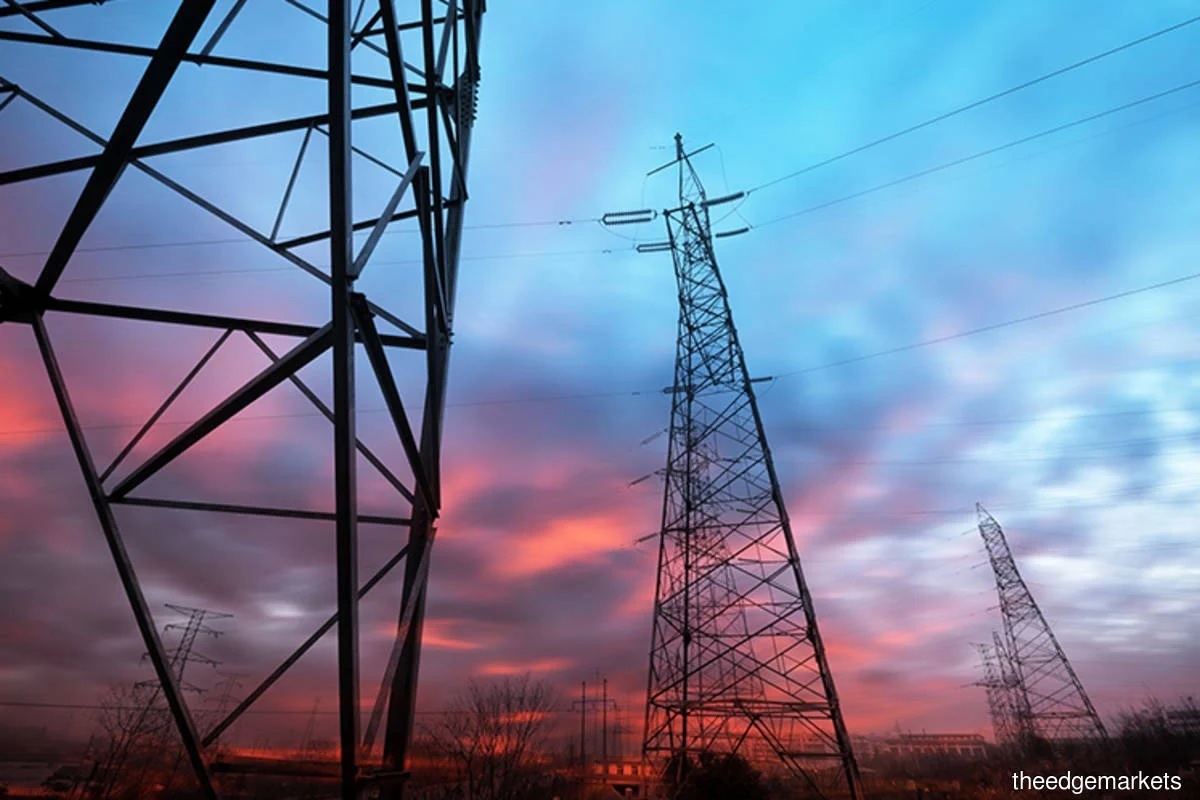MOF moots lower electricity subsidies for high-income households in 2H2023, says new Treasury sec-gen

- Johan said the government is also working on ways to reduce subsidies for diesel that has seen huge leakages.
KUALA LUMPUR (Feb 28): The Ministry of Finance (MOF) is considering lower electricity subsidies for high-income households in the second half of 2023 as part of the government's subsidy rationalisation plan, said Treasury secretary-general Datuk Johan Mahmood Merican.
He said the Prime Minister Datuk Seri Anwar Ibrahim has signalled through the Budget 2023 that the government is moving in the direction of helping the poor and expecting the high income earners to contribute.
“Perhaps in the second half of the year, we would certainly moot, for example, high-income households not to be subsidised as much, probably we have to sequence it (the subsidies),” he said during a post-budget debate forum organised by the Malaysian Economic Association on Monday (Feb 27).
The domestic electricity subsidy amount for the first quarter of 2023 (1Q2023) is RM4.9 billion, above the RM2.3 billion spent in the second quarter of 2022, according to MOF data.
Of the RM4.9 billion, Johan said the biggest portion — 13.1% or RM1.95 billion — was used by households that consumed above 600 kWH (Domestic C).
Comparably, 7.1% or RM1.06 billion was used by households that consumed below 300 kWH (Domestic A). Meanwhile, 12.7% or RM1.89 billion were used by households that consumed between 300 kWH to 600 kWH (Domestic B).
The total expenditure for the electricity subsidies spent by the government in 2022 was RM9.8 billion. In the re-tabled Budget 2023, the government set aside RM6.8 billion for electricity subsidies.
Johan said Domestic A consumers’ monthly bills are about RM77, while Domestic B consumers spend between RM77 to RM220, and Domestic C consumers pay above RM230.
“The group that are billed RM230 and above, they are only about 900,000 of the domestic users, but you notice that they consumed almost RM2 billion of the subsidy,” he said.
“The vast majority of our population, under A, numbers about 4.6 million people, but they have less than half of the subsidy.”
In terms of electricity subsidiy for companies, Johan said that around 100,000 big companies consumed over RM6.5 billion of subsidy in 1Q2023, while about 1.6 million of small and medium enterprises consumed about RM3.5 billion.
"The big companies and the top domestic users...so 10% of the population consumes 50% of the electricity subsidies. And a very similar matrix applies for petrol (subsidies),” he said.
Sales of subsidised diesel doubled, resulting in leakages
In line with that, Johan said the government is also working on ways to reduce subsidies for diesel that has seen huge leakages.
“The prime minister talked about the RM11 billion leakage, that’s partly because it is anecdotal in a sense that the volume of diesel that has been selling in petrol stations has basically doubled,” he said.
“And obviously, the number has not doubled for diesel vehicles, part of it is certainly due to syndicates that collect diesel at the stations and take them to construction sites.”
He said that fuel subsidies in January 2021 was about RM200 million, which increased to RM2 billion in January 2022 and peaked at RM7 billion in July 2022.
“It has now moderated to about RM3.5 to RM4 billion monthly, the monthly subsidies is probably more than the annual allocation for more than half of the ministries so that is certainly a key challenge that we need to address,” Johan said.
In 2022, the government spent RM50.8 billion on subsidies for petrol, diesel and liquefied petroleum gas, up from RM11.1 billion in 2021. For 2023, the government has allocated RM25.6 billion for these fuel subsidies.
Never miss out
Sign up to get breaking news, unique insights, event invites and more from EdgeProp.
Latest publications
Malaysia's Most
Loved Property App
The only property app you need. More than 200,000 sale/rent listings and daily property news.


